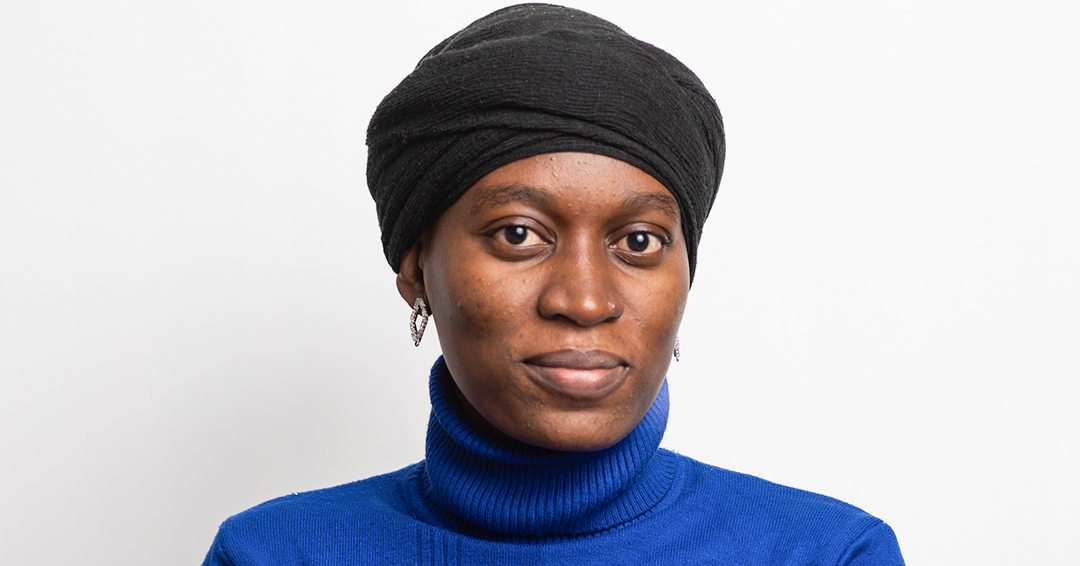
This Q&A series is part of Black History Month and Beyond, an initiative of the BHM Organizing Committee co-led by Black students and faculty from the Faculty of Medicine and Health Sciences with the Equity, Diversity, and Inclusion Anti-Racism Committee (EDI-AR) of the School of Population and Global Health.
- Can you tell us a bit about yourself?
My name is Farida Zakariya, a first year master’s student in the Division of Experimental Medicine. I am from Nigeria. I love combining my love for knowledge and gender equity in most of the activities I pursue. My experiences cut across working in healthcare as a pharmacist in Nigeria to advocating for youth empowerment. When I am not working, I like to relax at the end of the day with an epic fantasy novel. My favourite novel is The Wheel of Time by Robert Jordan. I also like to binge watch Korean movies in my free time.
- Can you describe your program of study and your research?
I am pursuing cancer-focused research at the Lady Davis Institute in the lab of Moulay Alaoui-Jamali, PhD, Professor of Oncology, Medicine, Pharmacology & Therapeutics. My research revolves around understanding the role of PKC-Theta, a protein contributing to the resilience and invasiveness of numerous cancer cells; knocking out and inhibiting the protein using CRISPR and a novel molecule synthesized in our lab; and evaluating how cancer cells will behave and respond to available immunotherapy options in the absence of PKC-Theta.
- What inspired you to pursue your area of research? What do you hope to achieve?
I have lost a lot of people dear to me to cancer and it is my hope to be part of a possible cure.
- Why did you choose McGill?
McGill was a top choice while making a decision on where to pursue graduate study because it is ranked highly globally and it has a diverse student population with representation of people from different countries around the world. In addition to that, it is also located in a French-speaking province which provides an opportunity for me to learn another language in addition to the four I already speak.
- Can you describe your community involvement and why you feel it is important, especially as a member of the Black community?
I am passionate about promoting women empowerment, gender equity and improving access to education for minority groups. I work with various non-governmental organizations like the STEM Club Project and Wonder Women Nigeria to champion these causes in Africa. I feel this is important because Black people, especially women do not get adequate representation or access to equal opportunities. Thus, my work seeks to bridge this gap by equipping women with the basics needed to be competitive in society.
- How has your identity as a member of the Black community informed your research interests or community involvement?
My identity as a Black woman is at the bedrock of my community involvement. Coming from a community where the literacy rate for girls is among the lowest globally, it is my goal to ensure that as many girls as possible gain access to the kind of opportunities I had which propelled me to where I am today.
- What advice would you give your younger self knowing what you know now?
Girl, you will do just fine! Keep believing in yourself and the things you are fighting for, never give up and all your struggles will pay off!
Related:
BIPOC Change Champions: In conversation with Milca Meconnen, master’s student in public health
BIPOC Change Champions: In conversation with Thilor Ndiaye, PhD candidate in epidemiology
